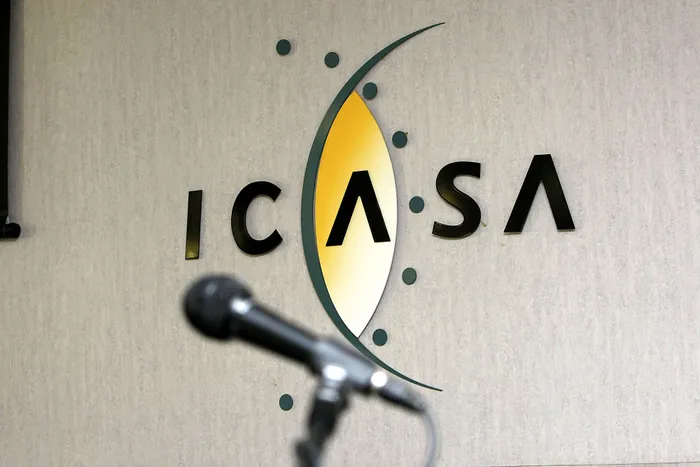Waves of discontent amid Starlink's likely entrance into South Africa's digital space

Elon Musk’s Starlink: A New Era for South Africa’s Telecommunications?
Image: Leon Nicholas/Independent Newspapers
Political parties and rights groups have been spitting fire over the touted move.
Julius Malema, the EFF's leader has being outspoken about the issue.
While addressing supporters in Koppies, Free State, on the eve of a crucial by-election over the weekend, Malema expressed his displeasure about the proposal to relax Broad-Based Black Economic Empowerment (B-BBEE) requirements to facilitate Starlink's entry into the local market.
His comments came in the wake of a high-profile meeting between President Cyril Ramaphosa and former US President Donald Trump, last week, another signal of shifting dynamics in the nation's policy-making.
He directly accused the government of catering to foreign interests at the expense of local economic transformation, stating, “Today, a tender is given in the White House without advertisement, where (Johann) Rupert stands up and says, why is Elon Musk's Starlink not given an opportunity in South Africa?”
The proposed changes, which Malema labelled an affront to South Africa’s transformation efforts, were launched by Minister of Communications and Digital Technologies, Solly Malatsi, who is a member of the Democratic Alliance (DA).
In an official gazette, Malatsi argued that relaxing B-BBEE rules for multinational organisations like SpaceX—Starlink's parent company—was essential for accelerating broadband access towards economic growth. Malema, however, refuted this rationale, contending that such a move would undermine the principles of B-BBEE by undermining local empowerment.
“There is no such law in South Africa. That Starlink will not come into South Africa if it is not complied with the BEE,” he affirmed, underscoring that at least 30% of ownership must be distributed among Black South Africans, which he believes is paramount for inclusive economic benefits.
He articulated a vision of broad-based empowerment, asserting, “That 30% must go to black people, as many as possible, because we want to benefit from our own economy.”
Vodacom, the giant South African network operator, has waded into the debate saying satellite technology should be seen a complementary force in expanding digital inclusion rather than a direct threat to its core operations.
“We recognise satellite networks as a valuable addition to our existing infrastructure. They are instrumental in bridging the connectivity gap, particularly in remote and hard-to-reach areas where terrestrial networks face limitations.
The company said its strategy aligned with a broader industry trend of viewing satellite networks as enablers of digital inclusion rather than outright competitors.
The Vodacom media team added that the telecom giant had partnered with global satellite providers such as AST and Amazon’s Project Kuiper to extend its network reach across Africa and Europe.
“These collaborations leverage low Earth orbit (LEO) satellite technology to enhance coverage and resilience, especially in underserved regions.”
Starlink's potential entry into South Africa raises significant questions about the country's regulatory landscape and market dynamics.
ICASA, the national telecommunications regulator, has been examining a proposed satellite framework. Industry stakeholders have urged a balanced approach that promotes innovation while ensuring fair competition.
Mofihli Ramari, spokesperson for the B-BBEE Commission, emphasised that the ICT Sector Charter Council and ICASA oversee the B-BBEE Act and related sector codes.
“Any potential changes to B-BBEE legislation or the entry of new players like Starlink should be carefully examined within the current regulatory and transformation framework,” Ramari stated.
“The focus remains on ensuring that transformation goals - such as black ownership and enterprise development - are upheld, regardless of the nature of technological advances or new entrants.”
Regarding employment, Vodacom reassured that technological innovation will not threaten existing jobs.
"Vodacom’s long-term vision emphasises investment in local workforce development, skills training, and support for black-owned enterprises through the ICT Sector Code.
Amid fears of disruption, Vodacom reiterated that it remained optimistic about satellite technology's transformative potential, as CEO Shameel Joosub highlighted at the 2024 UN General Assembly.
“Harnessing satellite and mobile technology together can finally close the digital divide—reaching rural communities, farmers, students, and underserved populations. We aim to ensure no one is left behind in South Africa’s digital journey.”